Herb Pairings That Will Make Your Garden
Herb Pairings That Will Make Your Garden
Growing herbs is a great way to add flavor to your food, attract beneficial insects, and deter pests. But did you know that certain herbs can also benefit each other when planted together? This is called companion planting, and it's a great way to create a more productive and pest-resistant herb garden.
In this blog post, we'll discuss some of the best herb pairings for your garden. We'll also talk about why these pairings work, and how you can use them to create a thriving herb garden.
Why Companion Planting Works
There are a few reasons why companion planting works. First, different herbs have different needs in terms of sunlight, water, and soil conditions. By planting herbs that have similar needs together, you can help them all thrive.
Second, some herbs release chemicals that can benefit other herbs. For example, basil releases a chemical that repels aphids, which can be a major pest for many herbs. Planting basil near other herbs can help to protect them from aphids.
Third, some herbs attract beneficial insects, such as ladybugs and bees. These insects can help to control pests in your garden, which can further improve the health of your plants.
Best Herb Pairings
Here are some of the best herb pairings for your garden:
- Basil and tomatoes: Basil and tomatoes are a classic companion plant pairing. Basil helps to repel aphids, which can be a major pest for tomatoes. It also helps to improve the flavor of tomatoes.
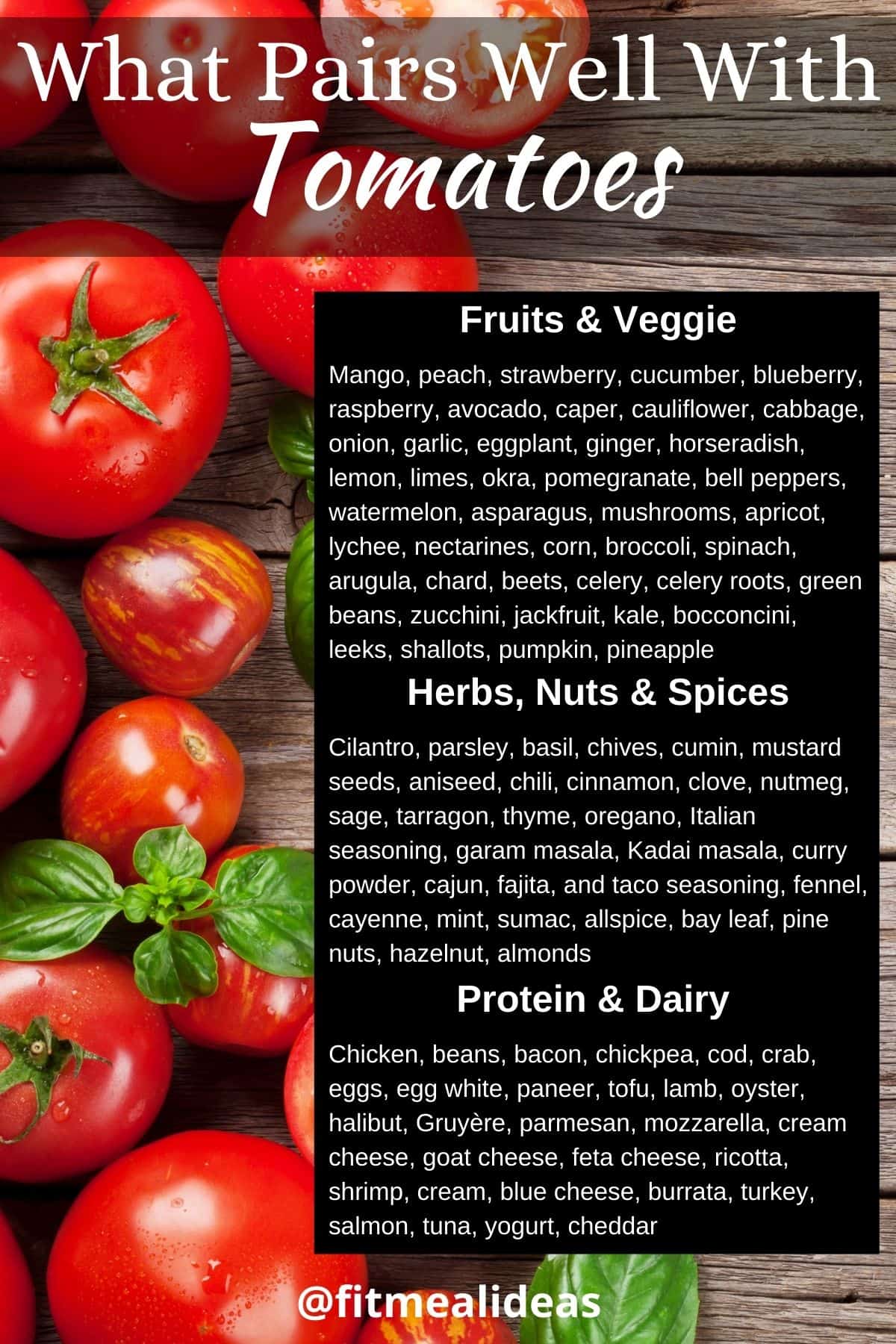
- Oregano and rosemary: Oregano and rosemary are both Mediterranean herbs that thrive in full sun and well-drained soil. They also have similar water needs. Planting these herbs together can help to create a beautiful and productive herb garden.
- Sage and thyme: Sage and thyme are both hardy herbs that can tolerate hot, dry conditions. They also have similar flavor profiles, so they can be used together in many dishes.
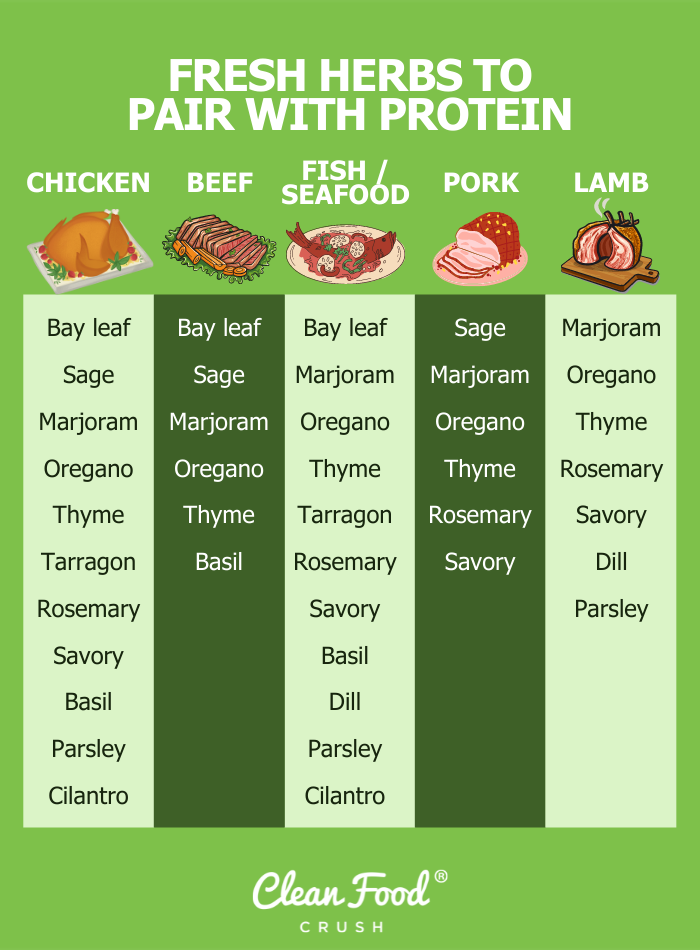
- Chives and parsley: Chives and parsley are both easy-to-grow herbs that can be used in a variety of dishes. They also have different growing requirements, so they can help to balance each other out in the garden.
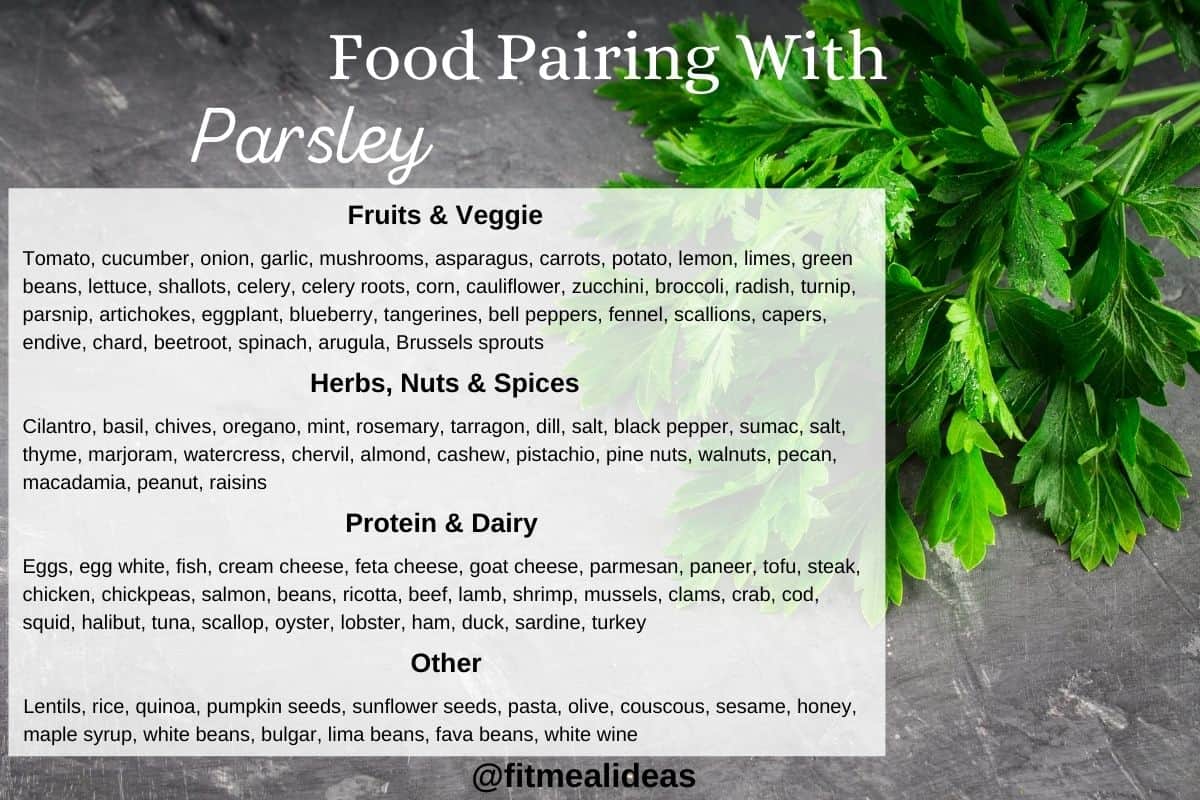
- Lavender and mint: Lavender and mint are both beautiful and fragrant herbs that can be used to attract beneficial insects to your garden. They also have different water needs, so they can help to keep each other from getting too dry or too wet.
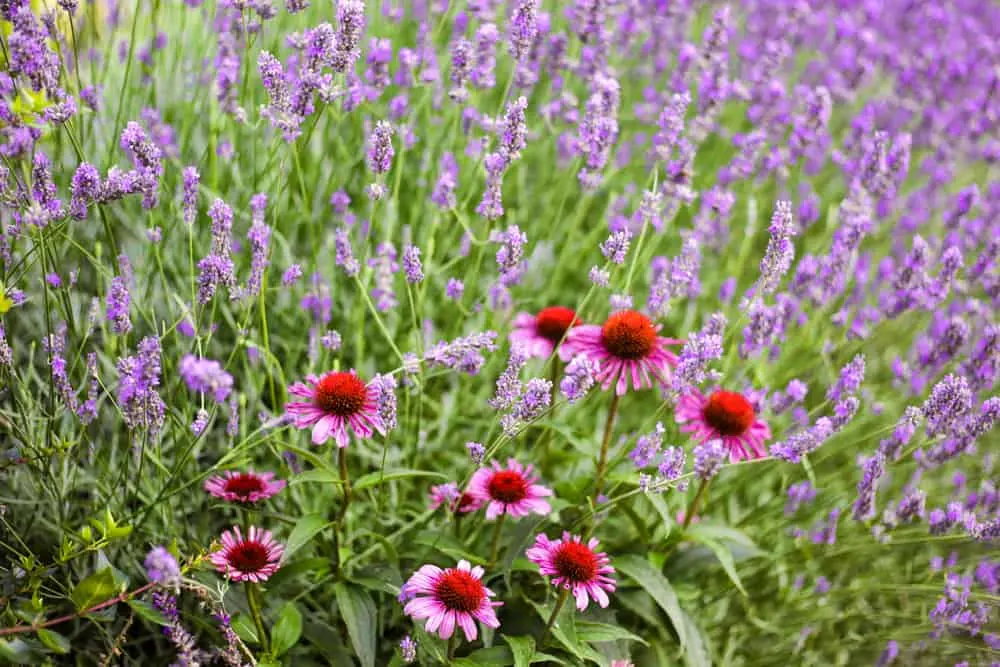
Conclusion
Companion planting is a great way to create a more productive and pest-resistant herb garden. By planting herbs that have similar needs together, you can help them all thrive. You can also plant herbs that release beneficial chemicals or attract beneficial insects to your garden.
The herb pairings listed above are just a few of the many great options available. With a little experimentation, you can find the perfect herb pairings for your own garden.
Are you a gardening enthusiast who loves to experiment with different herbs? If so, you'll want to know which herbs plant well together. Some herbs, such as mint and basil, can actually inhibit each other's growth, so it's important to choose the right pairings.
Here are a few tips for companion planting herbs:
- Plant herbs with similar growing conditions together. This means planting herbs that need the same amount of sun, water, and soil type together.
- Plant herbs with complementary flavors together. This will help you create delicious dishes with your homegrown herbs.
- Plant herbs that attract beneficial insects together. Some herbs, such as chives and lavender, attract beneficial insects that can help to control pests in your garden.
If you're not sure which herbs to plant together, a great resource is Garden Wiki. This website has a comprehensive list of herbs that plant well together, as well as information about the benefits of companion planting.
FAQ of herbs that plant well together
What herbs grow well together?
There are many herbs that grow well together. Here are a few popular combinations:
- Basil, oregano, and parsley: These Mediterranean herbs all have similar growing requirements and can be planted together in a sunny spot. They also attract beneficial insects, which can help to control pests.
- Lemon verbena, dill, and cilantro: These herbs all have a light, citrusy flavor and can be planted together in a container or garden bed. They also attract pollinators, which can help to improve fruit and vegetable yields.
- Lavender, rosemary, and thyme: These drought-tolerant herbs can be planted together in a sunny spot. They also have a strong fragrance that can deter pests.
- Parsley, sage, and chives: These versatile herbs can be planted together in a container or garden bed. They are all easy to grow and can be used in a variety of dishes.
What herbs should not be planted together?
There are a few herbs that should not be planted together. These include:
- Basil and fennel: These herbs can inhibit each other's growth.
- Dill and carrots: Dill can attract pests that can damage carrots.
- Mint and other herbs: Mint is a very aggressive grower and can quickly take over a garden bed. It is best to plant mint in its own container.
What are the benefits of companion planting herbs?
There are many benefits to companion planting herbs. Some of these benefits include:
- Increased yields: Companion planting can help to increase the yields of your fruits and vegetables.
- Improved pest control: Companion planting can help to attract beneficial insects that can help to control pests.
- Enhanced flavor: Companion planting can help to enhance the flavor of your herbs and vegetables.
- Increased biodiversity: Companion planting can help to increase the biodiversity of your garden, which can make it more resilient to pests and diseases.
How do I choose herbs to plant together?
When choosing herbs to plant together, there are a few factors to consider:
- Growing conditions: Choose herbs that have similar growing conditions, such as sun exposure, water needs, and soil type.
- Pests and diseases: Choose herbs that can help to deter pests and diseases. For example, basil can help to repel aphids, and mint can help to repel mosquitoes.
- Flavor: Choose herbs that will complement each other's flavor. For example, basil and tomatoes go well together, and dill and carrots go well together.
- Aesthetics: Consider the aesthetics of your garden when choosing herbs to plant together. For example, lavender and rosemary make a beautiful combination.
Image of herbs that plant well together
5 images of herbs that plant well together from Pinterest:
These Mediterranean herbs tend to pair well due to similar growing requirements, and planting oregano alongside basil and tarragon may help prevent pests.
These herbs all have a citrusy flavor, so they complement each other well. Lemon verbena is also a good insect repellent, so it can help keep your other herbs safe from pests.
These herbs are all drought-tolerant and can thrive in poor soil, so they are a good choice for a low-maintenance garden. They also have a lovely fragrance, which can make your garden smell amazing.
These herbs are all commonly used in cooking, so they are a great way to add flavor to your dishes. They are also relatively easy to grow, so they are a good choice for beginner gardeners.
These herbs all have a strong flavor, so they can be used to add a lot of flavor to your dishes. They are also relatively easy to grow, so they are a good choice for beginner gardeners.

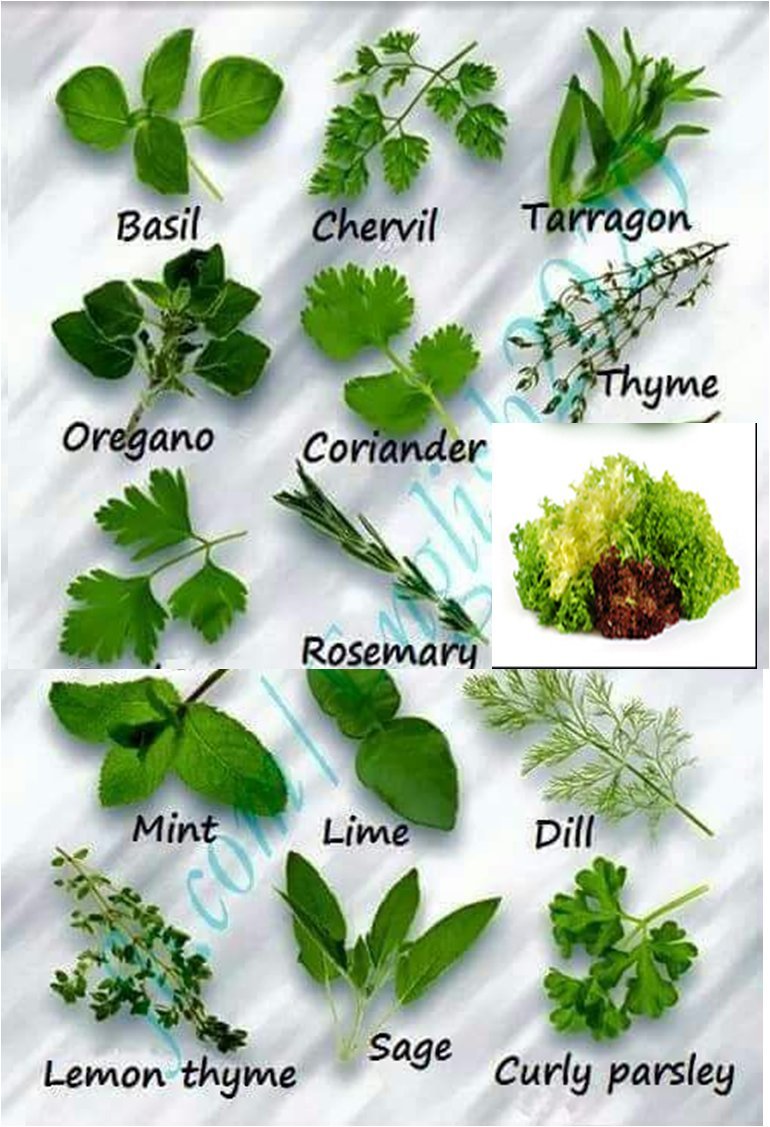



Post a Comment for "Herb Pairings That Will Make Your Garden"